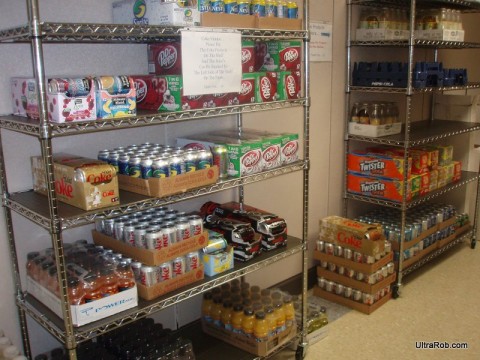
Sugar has been my biggest nutritional challenge over the years. When I was riding two to three hundred miles a week, I got by with it but it wasn’t good for me. Now that I don’t have the time to ride as much, it’s affecting me even more. Here are some good tips for cutting back on sugar.
Breaking the Sugar Addiction: 16 Tips
by Jamie Jefferson
It seems as though added sugar is in everything these days, from ketchup to salsa to soup. It is everywhere, I suppose, because we have come to expect it to be.
And it is not just the white stuff we need to worry about. “Refined carbohydrates,” such as white bread and white flour products, produce the same reaction in our bodies.
Researchers have linked sugar consumption to everything from cavities to wrinkly skin, as well as wide range of much more serious health problems.
Some research has been cited that says sugar has not been proven to be a direct cause to these health problems and may not even be directly linked to them, but when you consider that added sugar is basically non nutritional calories, the lack of nutrition and obesity can cause health problems in themselves.
Sugar, some researchers say, can lead to the damage of healthy cells, and can lessen the effectiveness of white blood cells, leading to a weakening of the immune system. Too much sugar means lots of empty calories, too, which can lead to obesity. As any parent knows, when you fill up on sugar, you simply are not hungry for nutritious meals. And sugar can make you hyperactive and irritable, too, as it knocks your body out of whack.
When you eat sugar, your blood sugar spikes. So your body secretes insulin, which sends your blood sugar crashing. The result? Irritability and fatigue. Plus, you are hungry again and probably craving another hit of sugar, and so the cycle repeats itself anew.
One of the nicest things you can do for your body (and your mood) is to reduce your intake of added sugars and refined carbohydrates.
What is the Daily Recommended Sugar Intake?
The World Health Organization recommends reducing your intake of added sugars to less than 10 percent of your total caloric intake. That means, if you eat 2,000 calories, you should eat less than 12 teaspoons of sugar each day. The US Department of Agriculture also recommends limiting your consumption of added sugar to between 6 and 12 teaspoons of sugar each day, depending on your daily average caloric intake. (Six teaspoons a day for people who eat 1,600 calories; 12 teaspoons if you eat 2,200 calories each day.) Keep in mind that a single 12 ounce soft drink contains 10 teaspoons of sugar.
To find out how much sugar is in some of the items in your cupboards, look for Sugars (measured in grams) on the Nutrition Label. Then divide the number of grams by 4 to get the number of teaspoons. So, 12 grams of sugar is 3 teaspoons of sugar. Sixteen grams of sugar is 4 teaspoons.
How to Break Your Sugar Addiction
So how do you start to reduce your sugar intake? Here are some tips.
1. Try decreasing your intake of added sugar gradually
It can be difficult to suddenly cut all added sugar and refined carbohydrates. Try taking a week by week approach. One week, add less sugar to your morning coffee. Next week, replace your afternoon soda with bottled water. The following week, replace white bread with a whole grain alternative. Before long, you will find that the foods (and drinks) you used to love now taste sickeningly sweet. And you will likely find it easier to keep your moods on an even keel, too.
2. Keep notes on your sugar intake in your journal or Daytimer
How does decreasing your sugar levels impact your energy levels? Your mood during the day? Your ability to fall asleep at night? When do sugar cravings hit? It might be helpful to start with a Sugar Fast for a day or two. See how one day without added sugars affects you.
3. Make easy substitutions
Buy brown rice instead of white rice, for example. Brown rice has a nice, nutty flavor, and takes just a bit longer to cook. The next time you go to the store, experiment with all kinds of whole grain alternatives. You might find some new family favorites.
4. Keep healthy snacks readily available, and rely on a bit of protein in your snacks to keep your energy levels high
Keep a small bowl of nuts on the table, along with fresh fruits. When you are hungry for a mid afternoon snack, opt for lean protein and complex carbs.
5. Indulge in moderation
If you are a chocoholic, treat yourself to a square of fine chocolate at the end of a long day. When the chocolate is quality, you will not feel the need to have more and you will be more apt to take your time and savor it. When you do indulge in a sugary snack, keep it small, eat it slowly, and eat a bit of protein, too, to help moderate those blood sugar spikes and dips.
6. Dilute the fruit juice
If you or kids love fruit juice, try diluting it gradually to the point where you are just adding a splash to the top of water.
7. Become a sugar detective
You can start by knowing the alternate names for added sugars, often found in ingredients lists. These include any ingredient that ends in the suffix “ose,” including sucrose, dextrose, fructose, lactose, polydextrose, maltose, and galactose. Also, look for the following: corn syrup, high fructose corn syrup, honey, maple syrup, molasses, carob syrup, turbinado sugar, fruit juice concentrate, brown sugar, cane juice, cane sugar, evaporated cane juice, beet sugar, and sorbitol.
8. Avoid replacing added sugar with artificial sweeteners
Your best bet is to gradually reduce your taste for sweet foods, not to replace them with chemical alternatives. On ingredients lists, look for sucralose, saccharin, aspartame, acesulfame K, and neotame.
9. Avoid the center of the supermarket as much as possible
That is where most of the processed foods are shelved. Instead, shop the perimeter for healthy, raw foods.
10. If you have young kids, go to the grocery store by yourself
You may be less apt to come home with sugary treats. Plus, you can take more time to examine the labels for hidden sugar. If your kids are grade school age or older, take them along and enlist their help as Sugar Detectives. Give them each a list of hidden sugars and artificial sweeteners and turn it into a game.
11.Carefully measure how much honey you put in your tea and how much sugar you put in your coffee
Aim to put in a bit less each day or each week until you are drinking it either unsweetened or with just a bit of sugar.
12. Buy items that are not sweetened, and add sugar only if you find that you need to
This will help you wean off the sugar gradually.
13. Steer clear of sugars for breakfast
When you start your day with a sugar blast and crash, you may find yourself in a vicious cycle for the remainder of the day. Start your day with healthy lean protein and complex carbs. Try natural whole grain breads and cereals for breakfast, along with a lowfat protein, such as skim milk, cottage cheese, or yogurt.
14. If you need to lose weight, consider a diet plan that focuses on reducing sugar intake
The Sugar Busters Diet Plan is probably the most well known. The idea of this diet is to reduce your intake of sugar and high starch carbohydrates, focusing instead on lean protein, low starch veggies, and whole grain carbs, in order to lose weight. Many of the low GI diets out there use this method, as well.
15. Be careful not to make sugar taboo in your household
With children, especially, when you swear off something completely, you run the risk of creating a mystique around the forbidden food. Instead of running a completely sugar free household, make sure your children understand the effects that sugar can have on their bodies and their moods, and then help them understand the beauty of moderation. Encourage them to eat low fat protein and help them develop a taste for healthy whole grain carbs.
16. Focus on well balanced, nutritious diet, instead of simply swearing off all sugar
Your cravings will slowly and naturally fade once you gain a better understanding of why they are cropping up in the first place.
(This article is for informational purposes only. Please discuss any dietary changes with your doctor.)
Jamie Jefferson is a frequent contributor to Momscape.com, where you can find diet reviews and special promotional coupons on the most popular weight loss programs.
Article Source: U Publish Articles

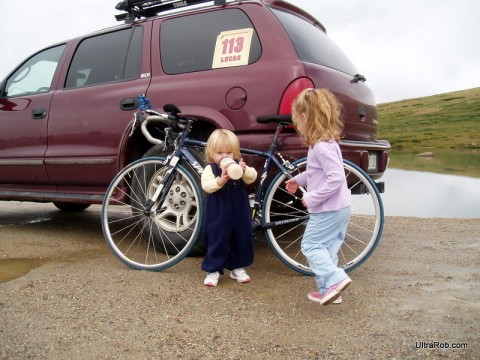


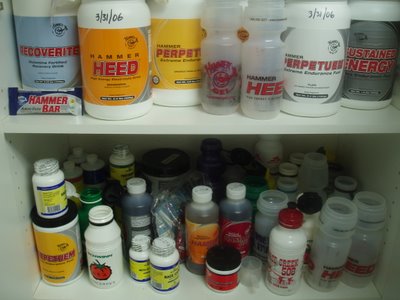
 Blog RSS Feed
Blog RSS Feed Like on Facebook
Like on Facebook Follow on Twitter
Follow on Twitter Flickr
Flickr Contact
Contact
